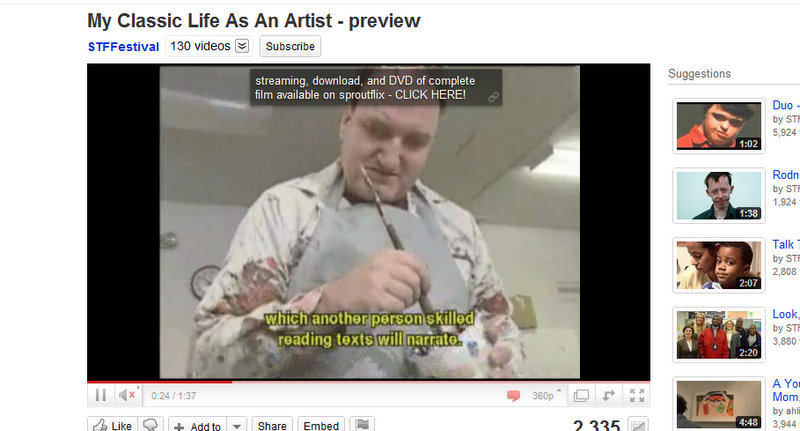 That Shouldn't Happen: The Just World Fallacy and Autism
That Shouldn't Happen: The Just World Fallacy and AutismEveryday, we hear about tragedies, some that hit too close to home for comfort, and our reactions...
 Heaviness: Euthanasia For Expediency
Heaviness: Euthanasia For ExpediencyIt's all over the internet now, the story of the twin brothers in Belgium who were deaf and going...
 What's the Harm: When Reality and Wishful Thinking Clash
What's the Harm: When Reality and Wishful Thinking ClashI'm digging around for posts people have written on what to say/what not to say to autistic people...
 Facilitated Communication: Same As It Ever Was (Same As It Ever Was)
Facilitated Communication: Same As It Ever Was (Same As It Ever Was)In the past couple years, I’ve written over a dozen articles examining facilitated communication...







